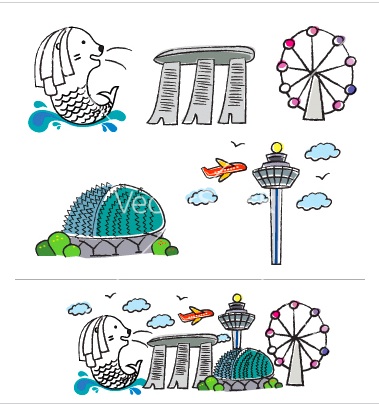Debora L. Spar writes: Sometime in the next few years, the Cuban people will be faced with a huge decision: how to develop their nation. As the Castro brothers fade from the scene and relations with the United States continue to thaw, a new generation of Cuban leaders will be forced to grapple with the inevitable challenges of political and economic reform. Like the governments of Eastern Europe after the fall of the Berlin Wall, they will have to plot a path from communism to capitalism; like their neighbors across Latin America and the Caribbean, they will have to juggle a historical distaste for Western (and particularly U.S.) imperialism with a desire for Western goods, technology, and capital. And like leaders everywhere, they will almost certainly have to strike a balance between the demands of economic prudence and political expedience, forming institutions that will serve their country over the long run while heeding their citizens’ call for more immediate change.
The Singaporean model is more powerful than dreaming and more likely to achieve results. And it is widely replicable, not with regard to the details of what Lee and his colleagues did, of course, but with regard to how. They were honest and clear about what their country did and did not have; methodical in their planning and execution; and steadfast in their follow-through. These are lessons that Cuba’s next generation of leaders, unshackled from their predecessors’ ambitious but ultimately unrealistic goals, would be well-advised to consider. They should build gradually from the assets that Cuba has—fertile land, an enviable location, and an eager and wealthy diaspora—rather than aim for utopia. Can Cuba Be the Singapore of the Caribbean

